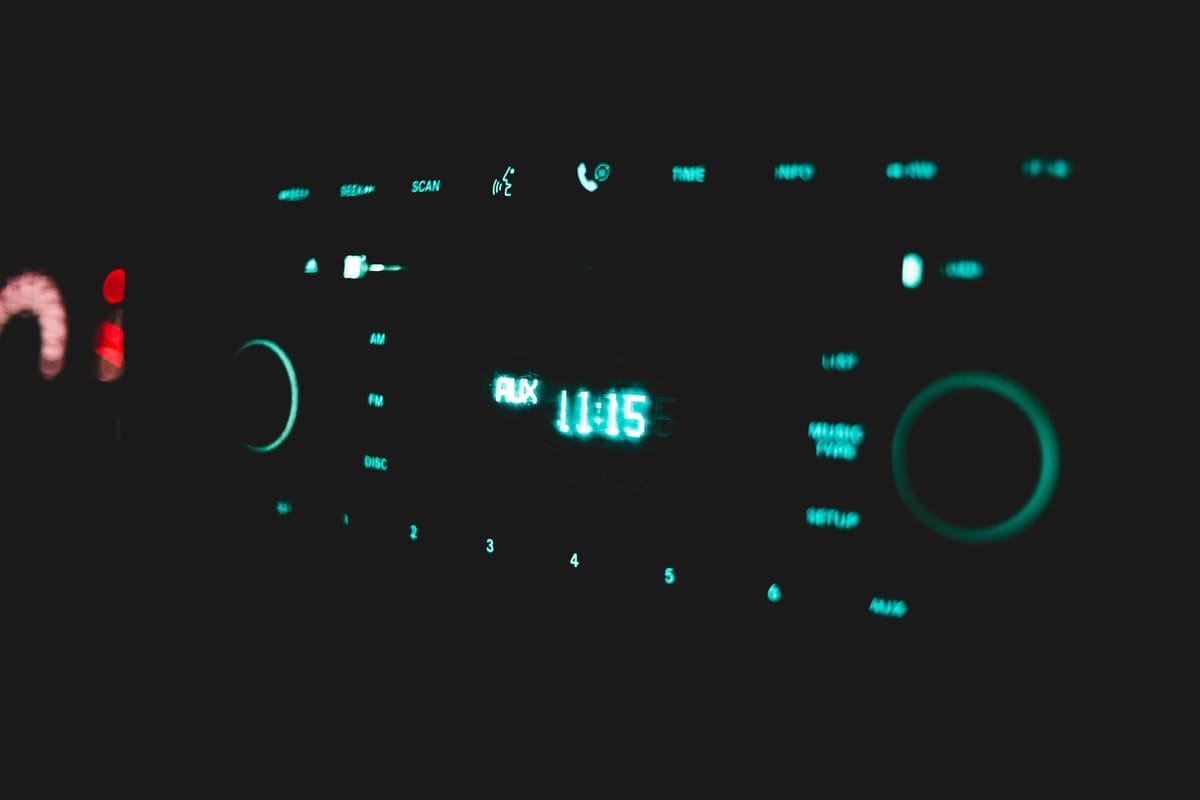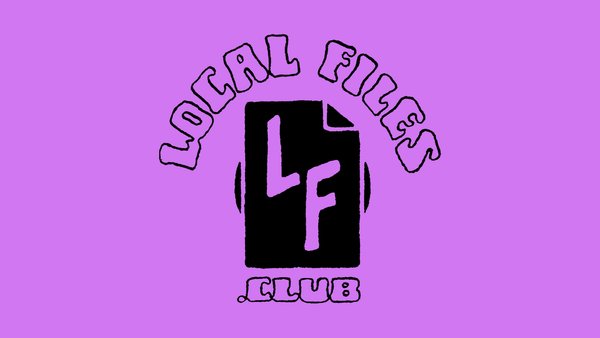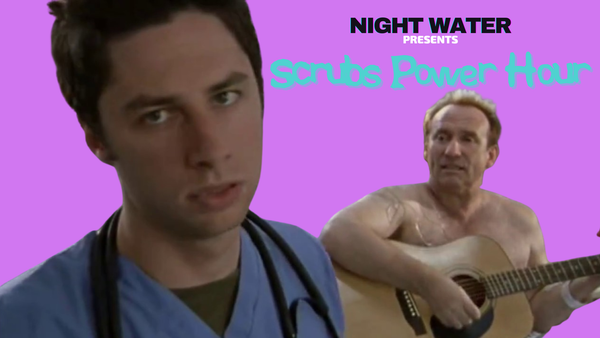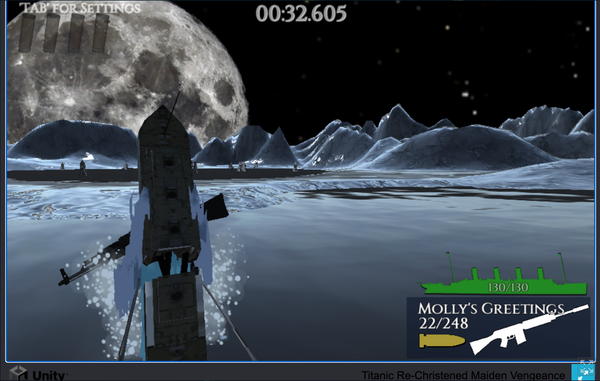Don't touch that dial
It's only natural that musicians would turn to the conceit of the radio broadcast.

Earlier this month, The Weeknd released his fifth album, Dawn FM, featuring Jim Carrey as a DJ broadcasting from purgatory. It's the latest in a long line of albums inspired by the radio. The Weeknd already collaborated on one in 2020—Magic Oneohtrix Point Never, from electronic music producer Oneohtrix Point Never. The lineage goes back to at least 1967, when The Who released their first concept album The Who Sell Out, presented as a broadcast from shuttered pirate radio station Radio London. Vince Staples, Roger Waters, Mac DeMarco, My Chemical Romance, and Queens of the Stone Age, to name a few, have all released radio-inspired concept albums.
It seems only natural that, out of all of the conceptual frameworks in the world, musical artists continue to turn to the radio broadcast. It's our primary audio-only form of mass media; 63% of American adults listen to the radio daily. Podcasts—the two-decade old digital upstarts trying to steal radio's crown—still frequently draw from radio, whether directly (digitally distributing shows produced for radio) or indirectly (the multitude of popular fiction shows pretending to be a radio broadcast).
Traditionally, radio is bound by geography—there's only so far a signal can go. Many radio albums also confine themselves to geography in some way. Songs for the Deaf from Queens of the Stone Age is a loose concept album about a drive from Los Angeles to Joshua Tree. Vince Staples' FM! features real life LA radio DJ Big Boy and references to Long Beach, Staples' hometown. And while the existence of purgatory is up for debate, Dawn FM conceptualizes it as an actual highway with its own radio station to keep the soon-to-be-dead company.
Radio can get a bad rap as being or contributing to a monoculture—playing whatever crap pop songs the labels want them to push over and over again—but there's something very pleasing about a station's idiosyncratic local flair, whether it's a bizarre car dealership ad or a DJ that lives the next town over. Another example: last September, during the United Kingdom's fuel crisis, BBC Radio 1 presenter Chris Stark recorded a "Fuel Crisis Remix" of Pink Panther's "Just For Me" that they played in lieu of the actual song for weeks.
Of course, I only know about this because I can listen to BBC Radio 1 over the internet, with only a few seconds of delay from the actual broadcast. At the beginning of the pandemic, my fiancée and I started listening to hours of BBC Radio 1 every morning, with a dash of Radio 2 at lunch. Listening to British radio in America can sometimes feel as much like getting a broadcast from another world as listening to Magic Oneohtrix Point Never, an album that sounds like all of the radio stations behind your dial mutated into one hivemind organism, like something out of Annihilation.
Every radio album has their own take on what radio is. Radio is a shortcut, an artifice, an aesthetic. It's nostalgia for better days or a stand-in for corporate interests. It's an excuse to switch up genres or a reason to pump out nothing but pop bangers. For years, companies have tried to use technology to replace radio, whether it's Pandora's genome project using musical DNA to create a perfect endless station or Spotify's algorithmically-generated Your Daily Drive playlist. But what radio albums demonstrate is that radio has to come from somewhere, whether it's London, L.A., or purgatory. Radio, like a great artist, has a perspective.
"Don't you dare touch that dial," DJ Jim Carrey commands us in the middle of Dawn FM. "There's still music to come." And for many of us, it will come from the radio.




